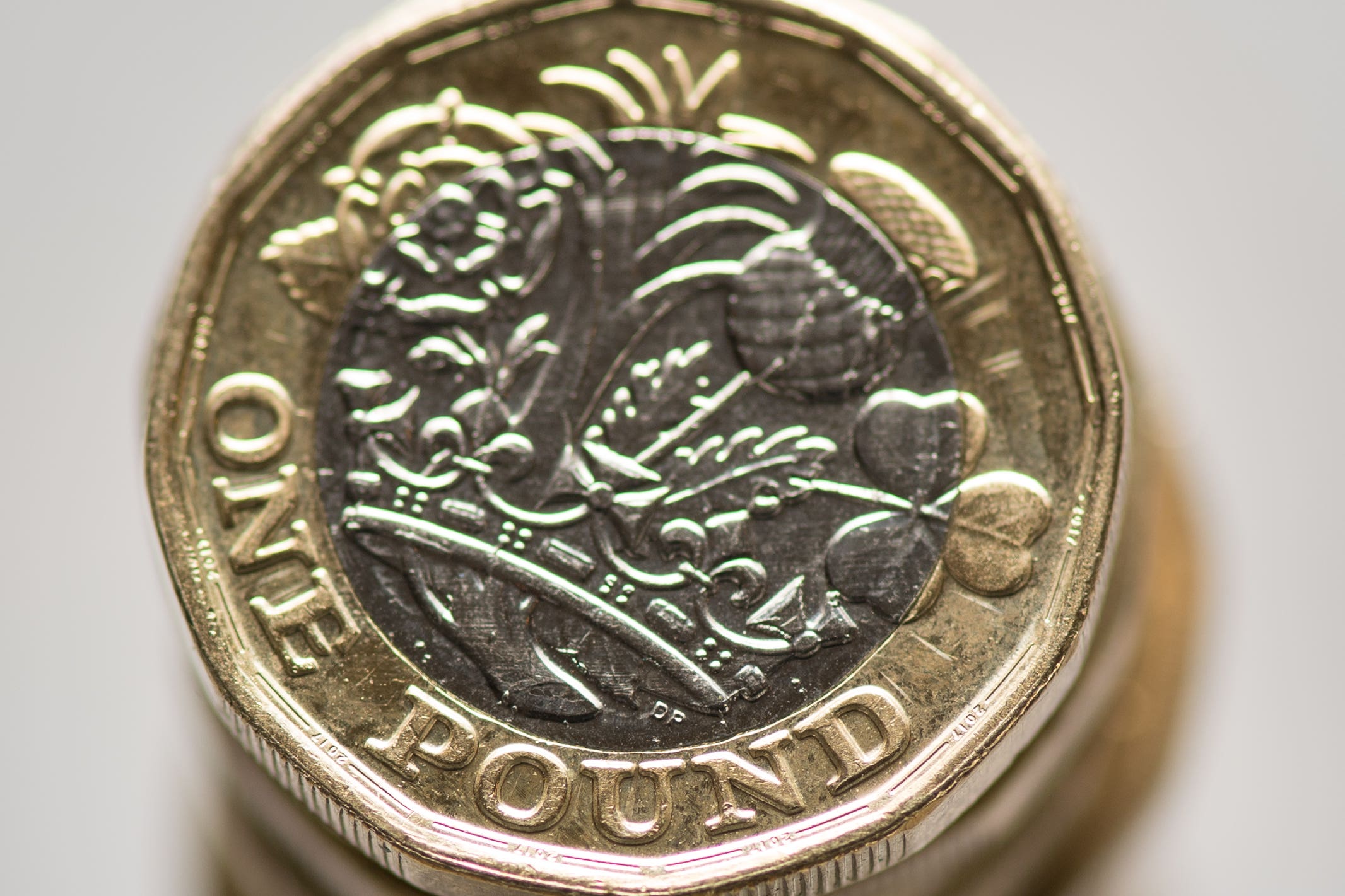Help to Save scheme extended until April 2025
More than 359,200 people have opened savings accounts since its launch in September 2018, HM Revenue and Customs said.

Your support helps us to tell the story
From reproductive rights to climate change to Big Tech, The Independent is on the ground when the story is developing. Whether it's investigating the financials of Elon Musk's pro-Trump PAC or producing our latest documentary, 'The A Word', which shines a light on the American women fighting for reproductive rights, we know how important it is to parse out the facts from the messaging.
At such a critical moment in US history, we need reporters on the ground. Your donation allows us to keep sending journalists to speak to both sides of the story.
The Independent is trusted by Americans across the entire political spectrum. And unlike many other quality news outlets, we choose not to lock Americans out of our reporting and analysis with paywalls. We believe quality journalism should be available to everyone, paid for by those who can afford it.
Your support makes all the difference.An additional three million people could potentially benefit from the extension of a scheme to help those on low incomes to build a savings buffer, HM Revenue and Customs (HMRC) has said.
The Help to Save scheme, which offers a bonus payment worth up to £1,200 over four years, had previously been due to end in September 2023 but it will be extended until April 2025.
More than 359,200 people have opened savings accounts since its launch in September 2018.
Under the scheme, savers can deposit between £1 and £50 a month into their account and will receive a Government bonus, even if money has been withdrawn.
Bonus payments are paid in the second and fourth years.
Someone saving £2,400 – the maximum amount they could deposit over four years – would receive a £1,200 bonus from the Government, paid directly into their bank account.
Eligible savers can find out more and how to apply on gov.uk or via the HMRC app. People may be eligible if they receive working tax credit or universal credit.
Myrtle Lloyd, HMRC’s director general for customer services, said: “Help to Save can encourage positive saving habits – no matter what you can afford to save – and the 50% Government bonus payment can help savers when they need it most.”
Andrew Griffith, Economic Secretary to the Treasury, said: “Take advantage and apply today.”
The Government published a consultation on the Help to Save scheme in April, seeking views on how the scheme can be reformed and simplified.
For those who can afford it, a 50% savings bonus is too good a carrot to pass up
Myron Jobson, senior personal finance analyst, interactive investor, said: “On paper, Help to Save is a great initiative to help instil a culture of savings among the nation’s most cash-strapped individuals. But for those who’ve felt the full force of cost-of-living squeeze, the priority has been to stay above the breadline.
“If you are on a low income, the problem is that you have little, if anything, to spare to save at the end of the month. Many people make the mistake of trying to save when they are in debt, and yet the cost of debt for most usually vastly outweighs the gain of saving.
“For those who can afford it, a 50% savings bonus is too good a carrot to pass up.
“Those on a low income should consider whether saving is a priority if it would mean they would have difficulty meeting outstanding debt commitments, particularly priority debts such as council tax, as a result. In a perfect world, everyone would have at least three-to-six months’ worth of essential outgoings in savings.”